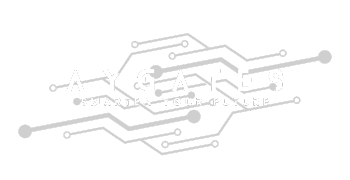The Impact of AI on Modern Business Operations
Artificial Intelligence (AI) is no longer a futuristic concept; it’s a reality transforming businesses across various industries. Here’s how AI is making a significant impact on modern business operations:
1. Enhanced Decision-Making
AI algorithms analyze vast amounts of data to provide actionable insights. Businesses can make informed decisions based on real-time data analysis, improving efficiency and outcomes.
2. Automation of Routine Tasks
AI-powered automation tools handle repetitive tasks, freeing up human resources for more complex and creative work. This not only boosts productivity but also reduces the likelihood of errors.
3. Personalized Customer Experiences
AI enables businesses to offer personalized experiences to their customers. By analyzing customer data, AI systems can recommend products, tailor marketing messages, and improve overall customer satisfaction.
4. Predictive Analytics
Predictive analytics powered by AI helps businesses anticipate market trends, customer behavior, and potential risks. This foresight allows companies to strategize proactively and stay ahead of competitors.
5. Improved Customer Support
AI-driven chatbots and virtual assistants provide 24/7 customer support, handling inquiries and resolving issues promptly. This improves customer satisfaction and reduces the workload on human support teams.
6. Enhanced Cybersecurity
AI enhances cybersecurity measures by detecting and responding to threats in real-time. Machine learning algorithms can identify unusual patterns and potential security breaches, safeguarding sensitive data.
Conclusion
Integrating AI into business operations is no longer optional; it’s essential for staying competitive. From enhancing decision-making and automating tasks to personalizing customer experiences and improving cybersecurity, AI offers numerous benefits. Embrace AI to drive innovation and efficiency in your business.






